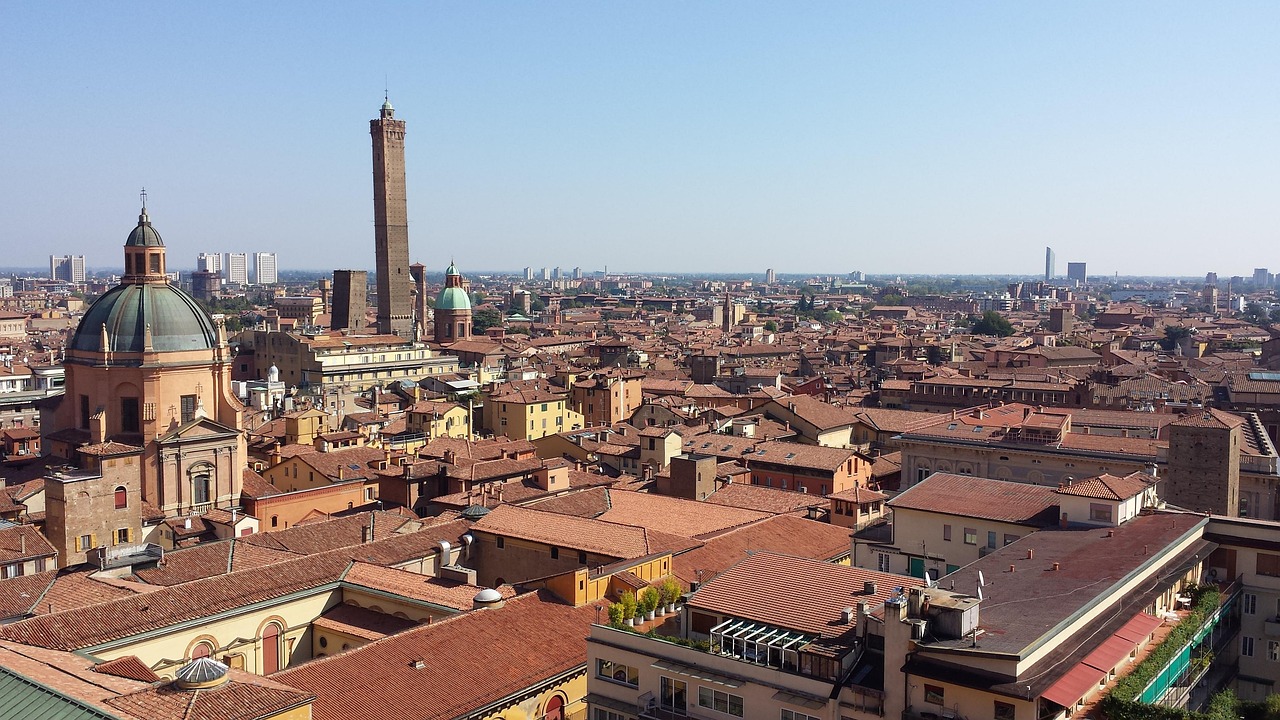Urban Rooftop Camping: Reimagining City Escapes
Above the city’s endless motion, a new travel trend is quietly transforming the way adventurers and urbanites experience metropolitan life. Urban rooftop camping invites travelers to sleep under the stars, high above the streetlights and sirens, merging the thrill of the great outdoors with the pulse of city living. This unexpected fusion is capturing the imagination of a new generation of explorers.

From Urban Gardens to Rooftop Retreats
City rooftops have long been overlooked spaces, their potential untapped until recent decades. Historically, these elevated surfaces were used for water tanks, laundry, or bland mechanical equipment. The early 2000s saw a shift as cities like New York, Tokyo, and London began to embrace green roofs and rooftop gardens as eco-friendly initiatives, transforming concrete jungles into pockets of biodiversity. As urban populations soared and outdoor space became more coveted, rooftops evolved from mere utility zones to vibrant social venues—bars, yoga studios, and community gardens.
The leap from gardens to rooftop camping is a natural progression. Inspired by pop-up culture and the growing appetite for unique urban experiences, property owners and creative entrepreneurs began offering rooftop stays equipped with tents, cozy bedding, and panoramic skyline views. What was once an occasional guerrilla activity among daring locals has matured into a thoughtfully curated urban escape, with hospitality professionals now designing safe, stylish, and sustainable rooftop camping experiences.
Why Rooftop Camping Captivates Modern Travelers
The allure of urban rooftop camping lies in its contradiction: the wilderness meets the metropolis. Travelers are increasingly seeking experiences that blur boundaries, and rooftop camping satisfies that craving for novelty and authenticity. Unlike traditional camping, which often demands a journey to the countryside, rooftop camping allows city dwellers and visitors alike to reconnect with nature without leaving the urban core.
Recent surveys by travel platforms reveal a surge in interest for micro-escapes and unconventional accommodations. Millennials and Gen Z, in particular, are driving this trend, attracted to Instagram-worthy settings and the chance to experience cities from a whole new angle—literally. Rooftop camps provide the sensation of sleeping outdoors while offering easy access to urban amenities, restaurants, and cultural hotspots. This blend of convenience and adventure is redefining what it means to escape, even if only for a night.
Designing the Urban Campout: Comfort, Safety, and Style
Turning a rooftop into a welcoming campsite is both an art and a science. Safety is paramount—rooftop camping operators must ensure proper barriers, fire regulations, and secure access. Partnerships with building owners and compliance with city ordinances are essential. Many providers focus on small groups or private bookings to maintain exclusivity and minimize noise, respecting both campers and neighbors.
Comfort is another priority. High-quality tents, plush bedding, portable fire pits (where permitted), and curated lighting transform cold, hard surfaces into inviting sanctuaries. Some operators go the extra mile, offering local food deliveries, live music performances, or stargazing tours with telescopes. The aesthetic often leans toward bohemian chic, with cozy rugs, lanterns, and potted plants framing jaw-dropping city views. The result is a campout that feels both adventurous and indulgent—a far cry from roughing it in the wild.
Challenges and Considerations in the Urban Jungle
Despite its growing popularity, urban rooftop camping presents unique challenges. Regulatory hurdles can be significant, as city codes often restrict overnight stays or open flames on rooftops. Weather is another unpredictable factor; high winds, rain, or extreme temperatures can complicate outdoor sleep in dense urban environments. Noise pollution, privacy concerns, and building accessibility must also be carefully managed to ensure a positive guest experience.
Operators are responding with creative solutions: weatherproof tents, acoustic barriers, and flexible booking policies help mitigate some risks. Some cities have begun to recognize the tourism potential, exploring pilot programs to streamline permits for rooftop stays. However, the movement thrives on small-scale, curated experiences rather than mass adoption—part of its appeal is the sense of exclusivity and discovery.
Cultural and Social Impact: Redefining Urban Space
Urban rooftop camping is more than a quirky accommodation trend; it’s a statement about reclaiming city spaces for human connection and creativity. In cramped metropolises where private outdoor areas are rare, these pop-up camps foster community and encourage city dwellers to see their environment anew. Guests report feeling a renewed sense of wonder for their city, observing sunrise over the skyline or sharing stories by lantern light with fellow campers.
The trend also sparks conversations about urban planning and the role of rooftops in sustainable city living. By activating these underused surfaces for leisure and tourism, cities can add value without new construction or sprawl. Some rooftop camps partner with local artists or environmental groups, turning each stay into an opportunity to support community initiatives or promote green practices.
Rooftop Camping Know-How and Fascinating Insights
- Rooftop camping is most prevalent in cities with accessible, flat-roofed buildings and a tradition of rooftop socializing, such as Berlin, Barcelona, and Melbourne.
- Many rooftop camps operate seasonally, typically from late spring to early autumn, to maximize comfort and safety.
- Some rooftop campouts offer add-on experiences like sunrise yoga, skyline photography workshops, or rooftop foraging walks.
- Always check local regulations and obtain necessary permissions before organizing a rooftop campout independently.
- Rooftop camping is especially popular during city festivals or events, offering a unique vantage point and immersive atmosphere.
Urban rooftop camping is redefining the intersection of adventure and urban life, offering travelers a fresh lens through which to experience familiar skylines. As cities continue to innovate, these elevated escapes invite us to reimagine what’s possible atop our own urban worlds—proving that sometimes, the best adventures are just a few stories above the ordinary.




